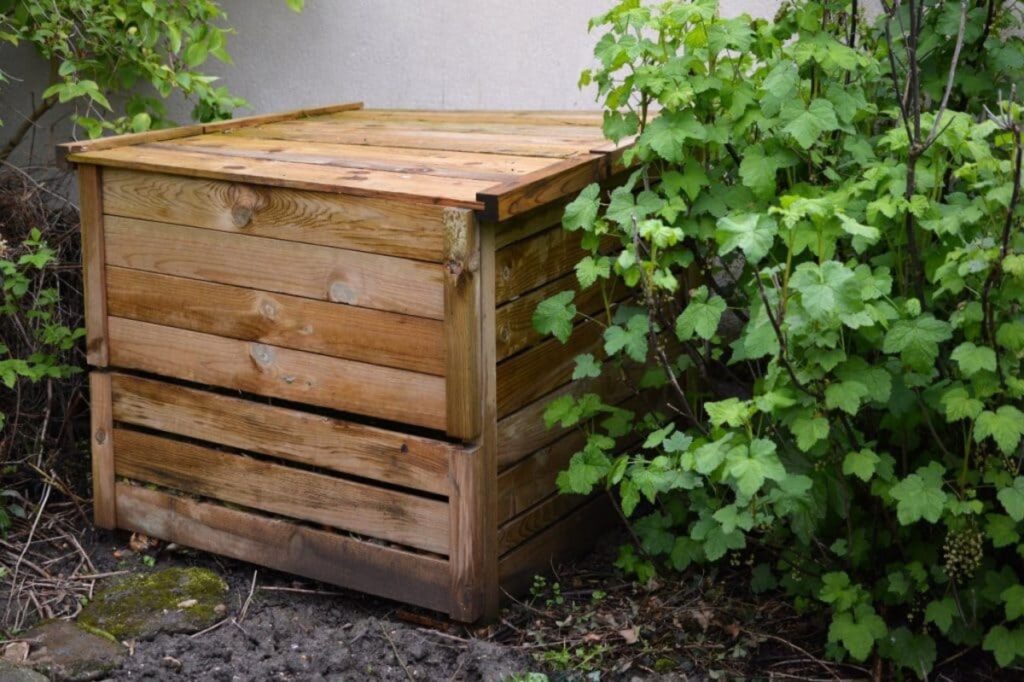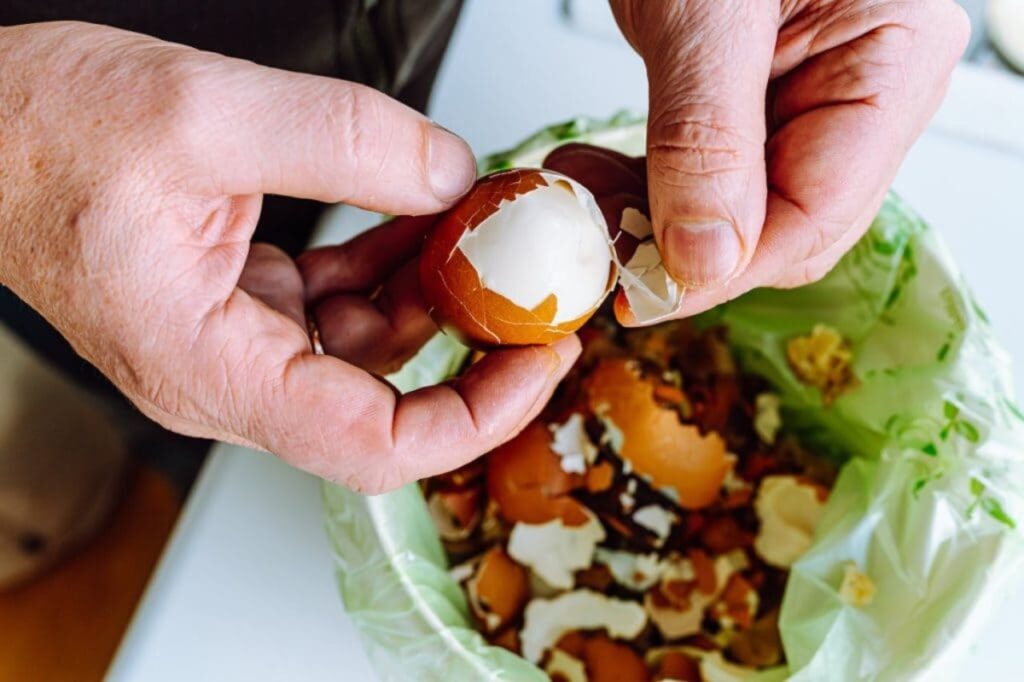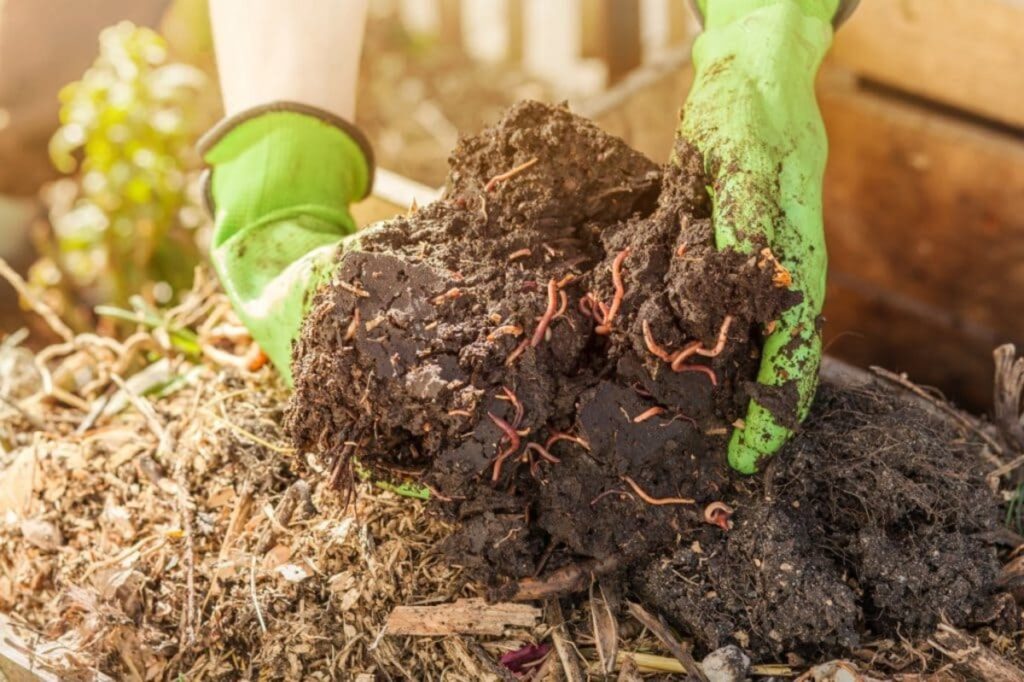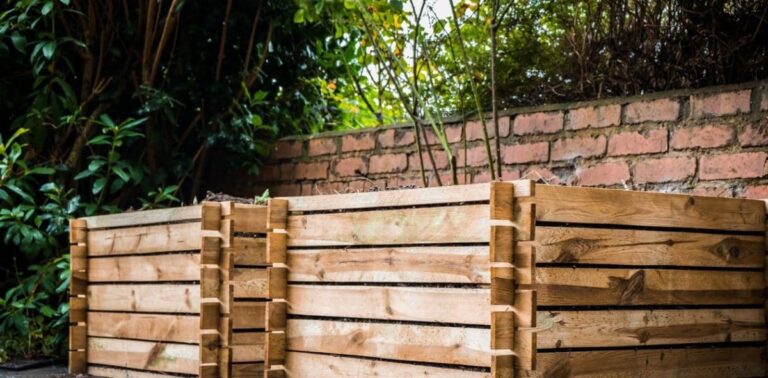Composting is akin to a magic trick, turning what was once considered waste into a treasure trove of nutrients for your garden. As a content writer who’s ventured into the realm of sustainable living, I’ve found that composting is not just an act of environmental stewardship, but a deeply rewarding journey. Here are six proven tips and advice to ensure your composting adventure is both successful and fulfilling.
1. Picking the Perfect Spot for Your Composter
The first step in your composting journey is like setting up camp; location is everything. Your composter thrives in a spot that’s shielded from too much wind yet can bask in a bit of shade. This delicate balance ensures your compost stays moist and active without drying out. Remember, proximity to your house is key for convenience, but be mindful of neighbors and potential water sources that could flood your composting efforts. A well-drained, airy location is your compost’s best friend.

2. Balancing Your Organic Materials
Imagine your compost as a gourmet meal for your garden; the balance of ingredients is crucial. A mix of carbon-rich materials like leaves or paper and nitrogen-rich kitchen scraps ensures a fast-cooking, nutrient-packed compost. Remember, a balanced diet leads to a healthy compost. So, keep an eye on the ratio, and your compost will turn into black gold in no time.

3. Inviting the Micro-Organic Party
Microorganisms are the unsung heroes of composting, breaking down organic matter into garden gold. By adding healthy plant material or specialized composting aids, you can boost the microorganism population in your compost, speeding up the process and enriching the end product. Think of it as seeding your compost with a little bit of life to kickstart the magic.

4. Keeping Things Moist and Warm
A thriving compost pile is like a cozy den for decomposers; it needs to stay moist and warm. Regular watering and maintaining an ideal temperature of 50-65°C ensure your compost doesn’t cool down or dry out. This is where a bit of science meets art. Monitoring moisture and heat levels might require a compost thermometer, but it ensures your compost becomes a nutrient-rich haven for your garden.

5. The Art of Turning Your Compost
Stirring your compost is like tending to a delicate stew. It introduces oxygen, crucial for composting microbes, and prevents your pile from becoming a smelly, anaerobic mess. A simple turn with a compost fork or shovel once a month is all it takes to keep the process smooth and efficient. Just like cooking, too much stirring isn’t necessary; moderation is key.
6. Using Your Compost Wisely
When your compost is ready, it’s like having a secret ingredient for your garden. Mature compost has a pleasant earthy smell and a crumbly texture. Use it to enrich flower beds, vegetable gardens, or as a top dressing for your lawn. However, moderation is crucial; too much of this good thing can overwhelm your plants. Think of compost as the spice of the gardening world; just the right amount can bring your garden to life.
Composting is more than just recycling kitchen scraps and yard waste; it’s a commitment to a healthier planet and a greener garden. By following these six simple steps, you can transform your organic waste into something wonderful. Whether you’re a seasoned green thumb or a budding gardener, composting is a journey worth taking.






